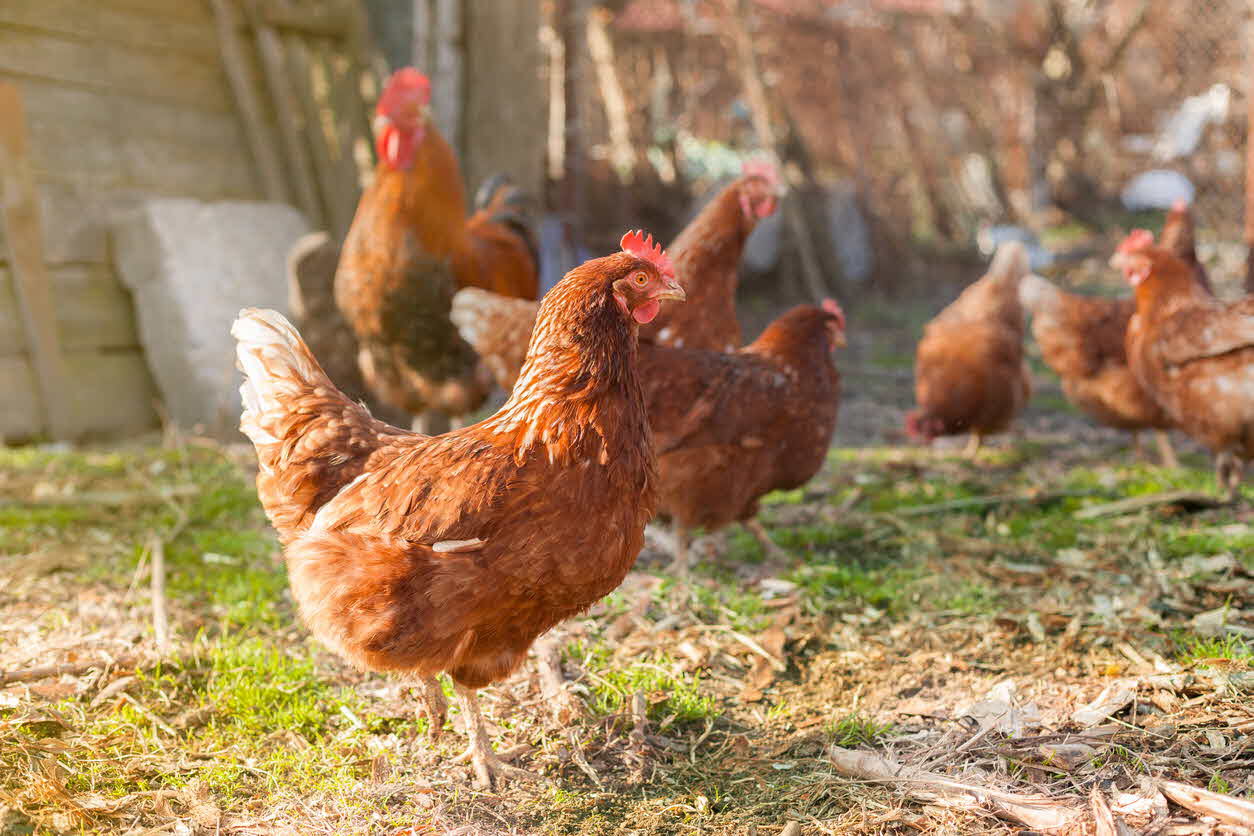Backyard chickens: what you need to know

Looking for some pets that are low-maintenance, friendly – and add to your pantry at the same time? How about having a few chooks in your backyard?
In recent years more and more urban and semi-urban households are adding a coop of chickens to their backyard. These easy and fun birds make great family pets and come with the bonus of supplying you with fresh eggs most mornings. What’s not to love?
However, as with any animal, it’s important to educate yourself about chickens and their needs before acquiring your own flock. Here are a few important things to know before you start.
Council regulations
Most councils in Australia will permit chickens being kept, even in inner-city locations, but you should double check first about relevant regulations. Restrictions usually include the number of chickens kept, the size of the coop and the setback required from the nearest boundary. They are not usually permitted in high-density buildings and would not generally be suitable for a balcony – check with your body corporate if you are in a complex of townhouses or villas. Because of their frequent crowing, roosters are not permitted in most built-up suburban areas, so again check with local authorities before thinking about introducing a rooster.
How many chickens?
Chickens are social creatures and they don’t do well on their own. It’s best to house at least a couple of hens together. Most councils will allow at least five chickens in the average backyard. Egg production varies according to breeds, but generally, each chicken will provide an average of four to six eggs per bird, per week.
The ideal coop
After checking with council regulations, you can either build your own coop or purchase a pre-built one. Coops should be fox, cat and dog-proof, but still well ventilated. The coop should be fully enclosed, and the chickens locked away at night.
It is often ideal to locate the coop with its back facing towards the westerly sun, to ensure the coop doesn’t get too hot during the summer months. The floor of the coop should be covered with sawdust (at least 8cm deep) so that it mixes with the poultry droppings to form ‘deep litter’. The coop should be regularly cleaned, and the litter can be removed, composted and used in the garden.
The chicken house should contain a perch (no more than 60cm high) for roosting and have nesting boxes that can be accessed from the outside. Nesting boxes provide a safe comfortable area for hens to lay their eggs and allow ease of collection.
How to start
The best way to start your own chicken coop is to start small – perhaps with just a couple of hens. There are even some companies that allow you to rent chooks, so you can give them a trial before you commit to them long-term. This could be ideal if you want to see how the rest of the household (including any other pets) react to the chickens and to ensure you are up to the commitment of caring for the hens’ long term.
There are many chicken breeds available, with cross-breeds between various layer breeds often being well suited for first-time backyard chicken owners. They tend to be hardier, less temperamental and are good egg producers.
Before purchasing your chickens, investigate local commercial sources. It is best to purchase vaccinated chickens from a reliable commercial source. It is not recommended to get birds from a variety of sources as this can increase the risk of introducing pests and diseases into your flock.
Food
A high-quality poultry pellet should be the mainstay of the chickens’ diet. If the poultry pellet is provided in a commercial dispenser this helps keep the pellets dry. Grain (such as wheat and corn) can also be scattered within their environment to provide variety to their diet. Kitchen scraps are great as a secondary food source. They will also need a constant supply of fresh water.
Health
Healthy chickens should be alert, active, eat often, have clean eyes and nostrils and their breathing should be silent and unnoticeable.
Sick birds may have drooping wings and tail, discharge from the nostrils and eyes, weakness or paralysis of one or both legs or wings, be lethargic or experience a loss of appetite. If you see the unusual behaviour, ill birds or have unexpected deaths in your flock, isolate any unwell chickens and call your veterinarian immediately. Keep an eye on your flock and learn what is normal for your birds. This will help you to identify when something is wrong.
